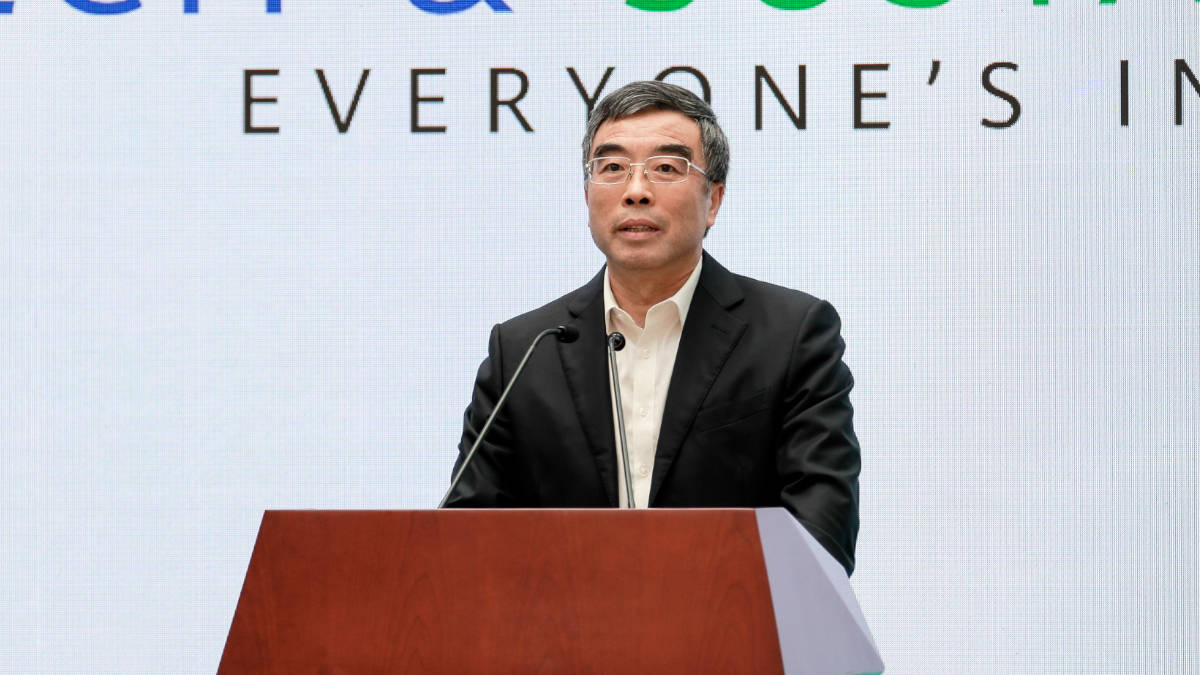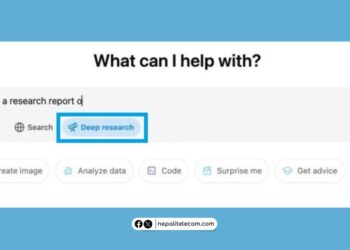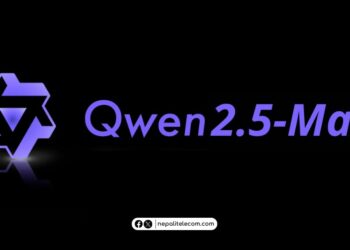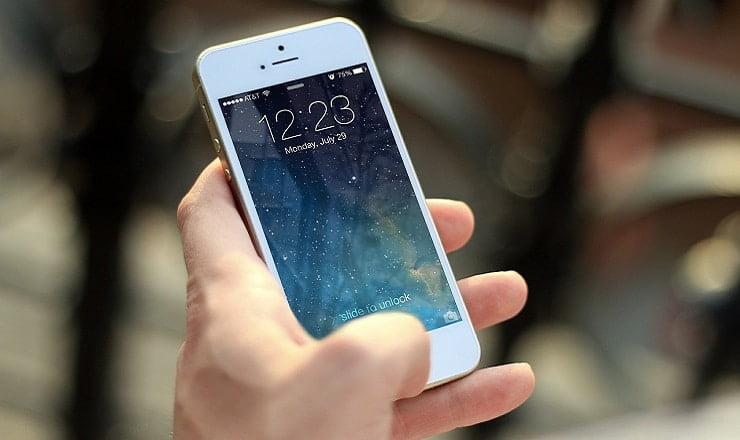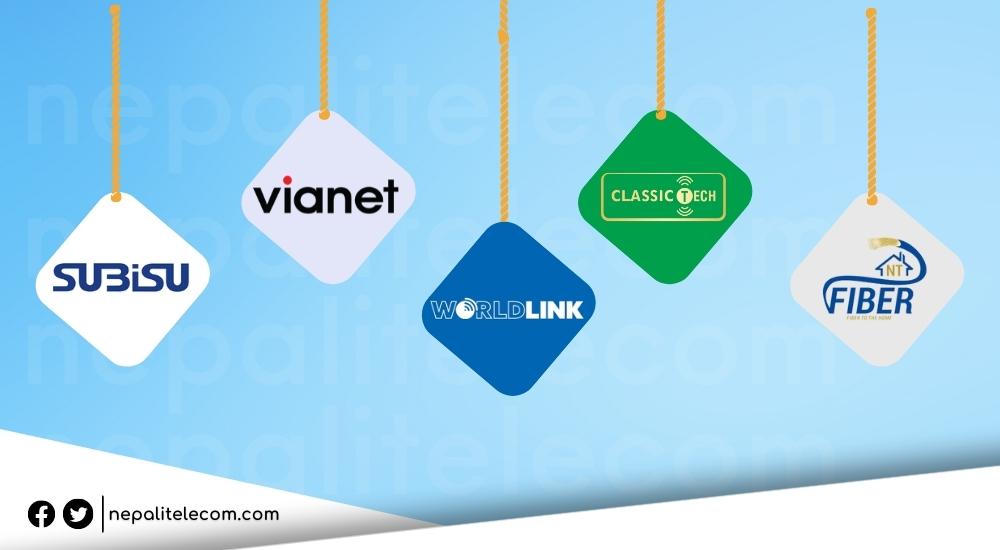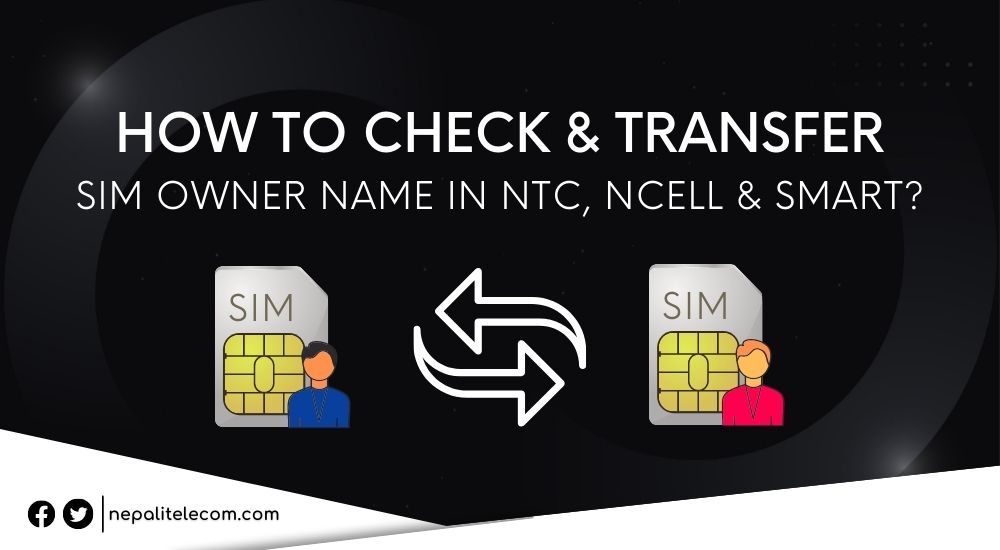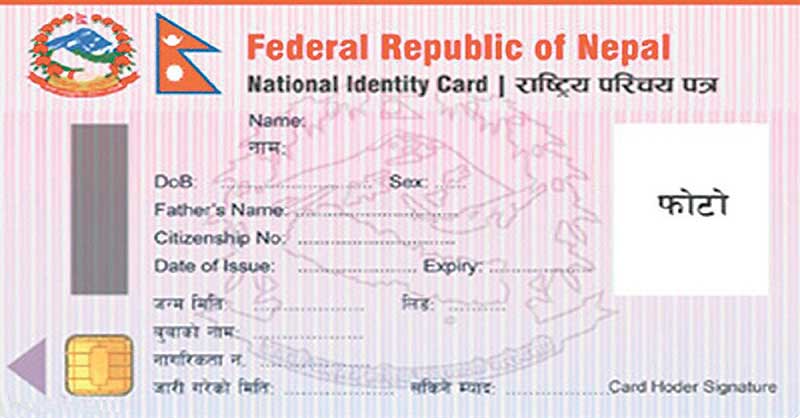Huawei has announced Seeds For The Future Program 2.0 to invest $150 million into talent development. The tech giant at the recent event said, the program will last for five years and it believes the initiative will benefit over 3 million people.
Huawei revealed the second Seeds program at the forum ‘Tech & Sustainability: Everyone’s Included”. International Union for Conservation of Nature (IUCN) had co-hosted the event. Huawei, IUCN, Carbon Disclosure Project, Singapore Institute of International Affairs were among the attendees among many. Their representatives discussed the role of technology in building a sustainable and more eco-friendly world.
Promoting equal access to education and talent development
A UNICEF, and Telecommunication Union (ITU), a report from 2020 revealed that about 2.2 billion young people aged 25 years and younger lack broadband connections at home. Huawei wants to take up the challenge and narrow this digital divide.
The Seeds For the Future program began in 2008 in Thailand. It aims to cultivate local talents and encourage ‘seeds’ for the society to tackle digital challenges. Huawei says the program has directly helped 5,000 students across the Asia Pacific.
Jay Chen, Vice President of Huawei Asia Pacific, announced Huawei’s plan to cultivate more than 40,000 ICT talent in the next five years through multiple programs including Seeds for the Future in the region.
Don’t miss: Huawei Establishes Global Cybersecurity and Privacy Protection Transparency Center
“In the digital economy, digital talent is playing an increasingly important role in driving digital transformation and economic growth. Access to education is vital for creating opportunities that support sustainable and fair development. Due to the pandemic, we are moving the program online and opening it up to more outstanding students than ever before,” said Jay Chen.
In the Asia Pacific, Huawei has been a firm enabler for building an inclusive talent ecosystem. Huawei ASEAN Academy has been launched in Thailand, Malaysia, and Indonesia since 2019, and has cultivated more than 100,000 talents for preparing the digital future. Amid the pandemic, according to Jay Chen, “collaborations with top universities are accelerating. Till now, Huawei has built collaborations with around 200 universities in countries across the Asia Pacific.”
Addressing environmental challenges and enabling green development
Huawei has also taken initiation for a greener and eco-friendly environment. It also acknowledges global warming and carbon emissions are common challenges for the world.
“Green and sustainable development has become a top priority for global economies,” said Liang. He added that Huawei has made use of its experience in power electronics and energy storage. Further, its technical expertise in 5G, cloud, AI has allowed it to provide digital power solutions in different countries.
As of December 2020, Huawei’s digital power products and solutions have generated 325 billion kWh of electricity from renewable sources saving a total of 10 billion kWh of electricity. These efforts have resulted in a reduction of 160 million tons in CO2 emissions.
Check out” Huawei Aims To Develop 100,000 Digital Talents In The Next Five Years
Huawei’s Sustainable Program In Singapore
For an instance, in Singapore, Huawei FusionSolar Solution has helped solar energy solutions provider, Sunseap Group to build the world’s largest offshore floating photovoltaic farms. It involves 13,312 solar panels, 40 inverters, and more than 30,000 floats.
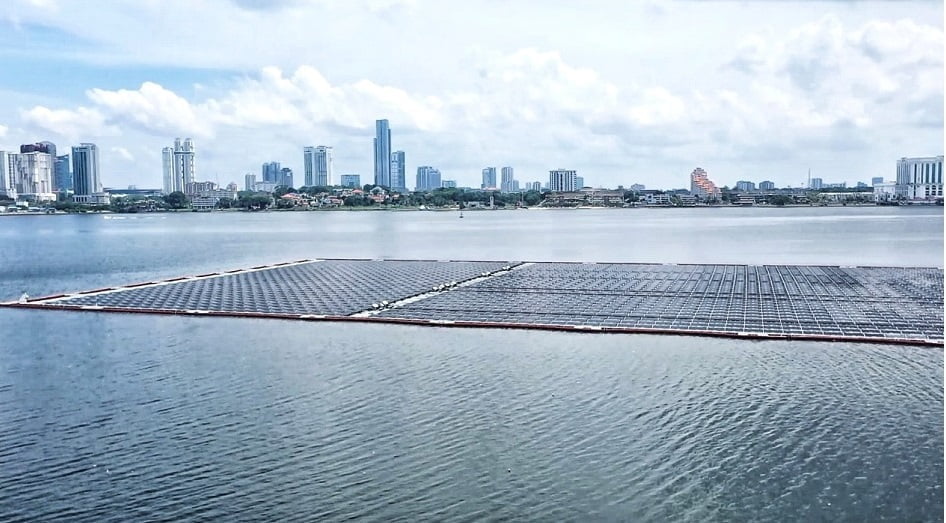
This five-hectare sea-based solar plant produces up to 6,022,500 kWh of energy per year. This is enough power for 1250 four-room public housing flats on the island. It also offsets an estimated 4258 tons of carbon dioxide in the process. Bruce Li, Managing Director of the Huawei Asia-Pacific Enterprise Digital Power Business told me at the forum.
The Seeds for The Future Program began in 2008. The Chinese firm started talent development programs through scholarships, technology competitions, and digital skills training, and has invested above $150 million. The company says the program has benefited more than 1.54 million people spanning over 150 countries. With the second ‘seeds’ version, the program will bring 3 million more benefactors under its plan.


